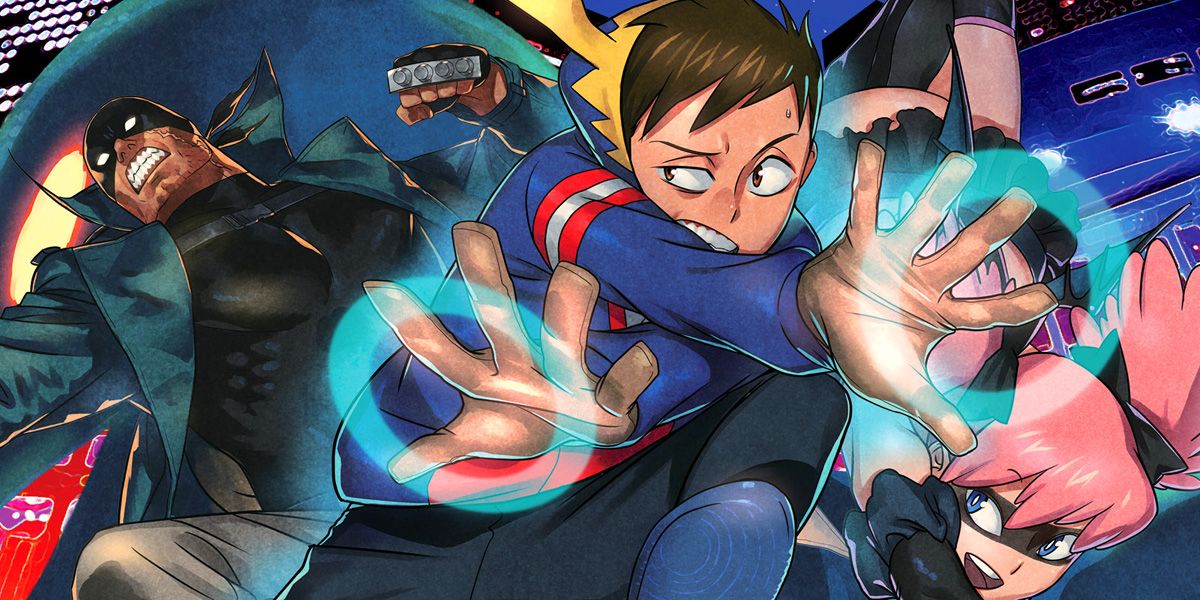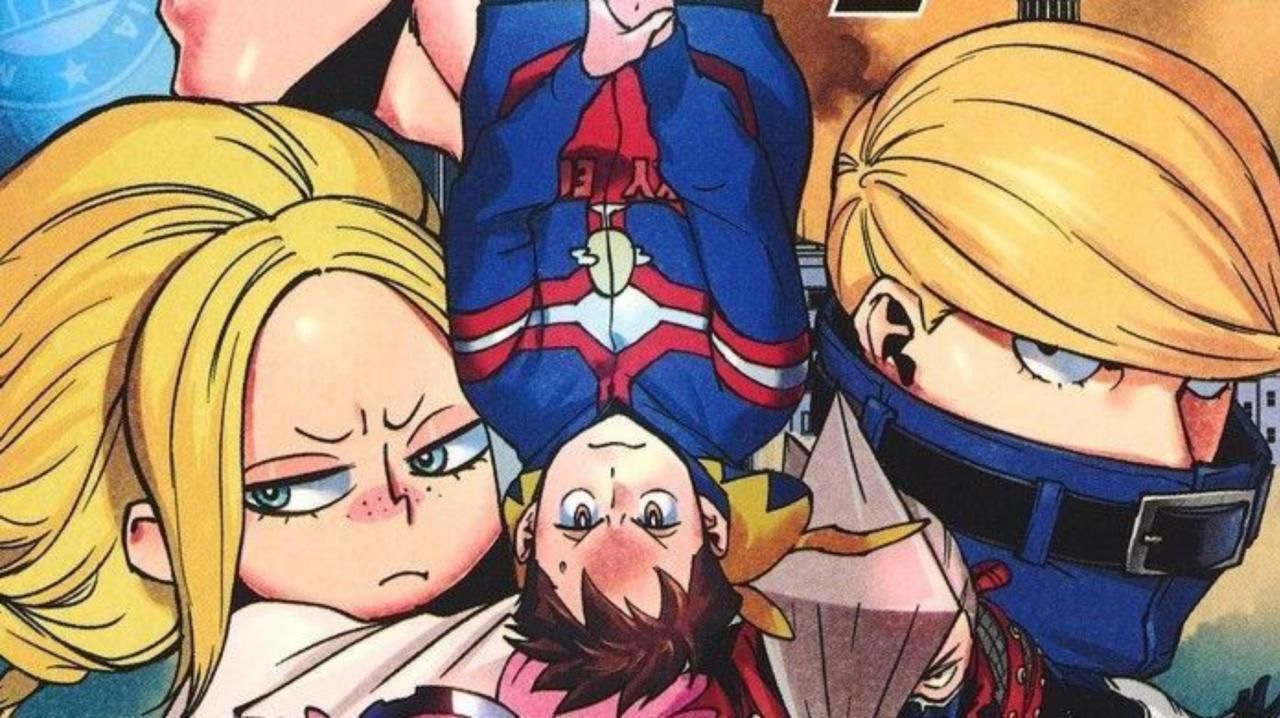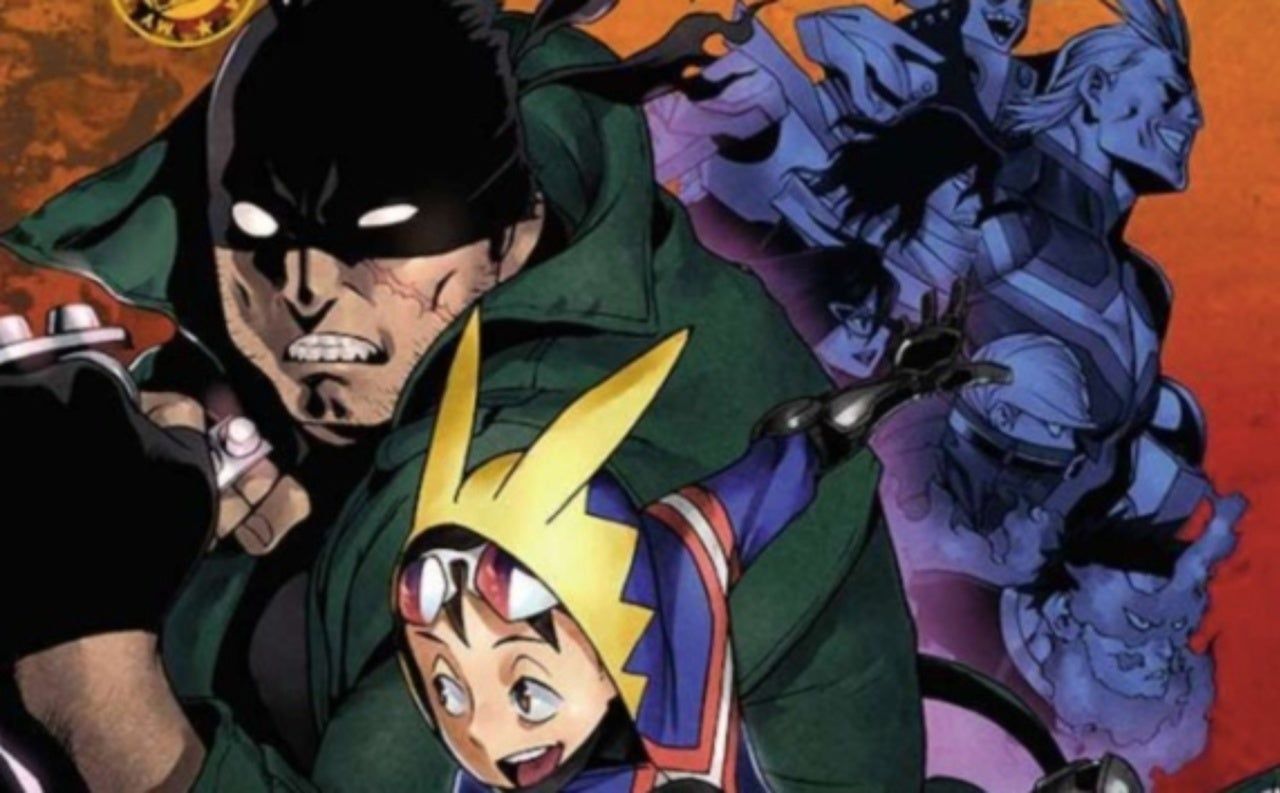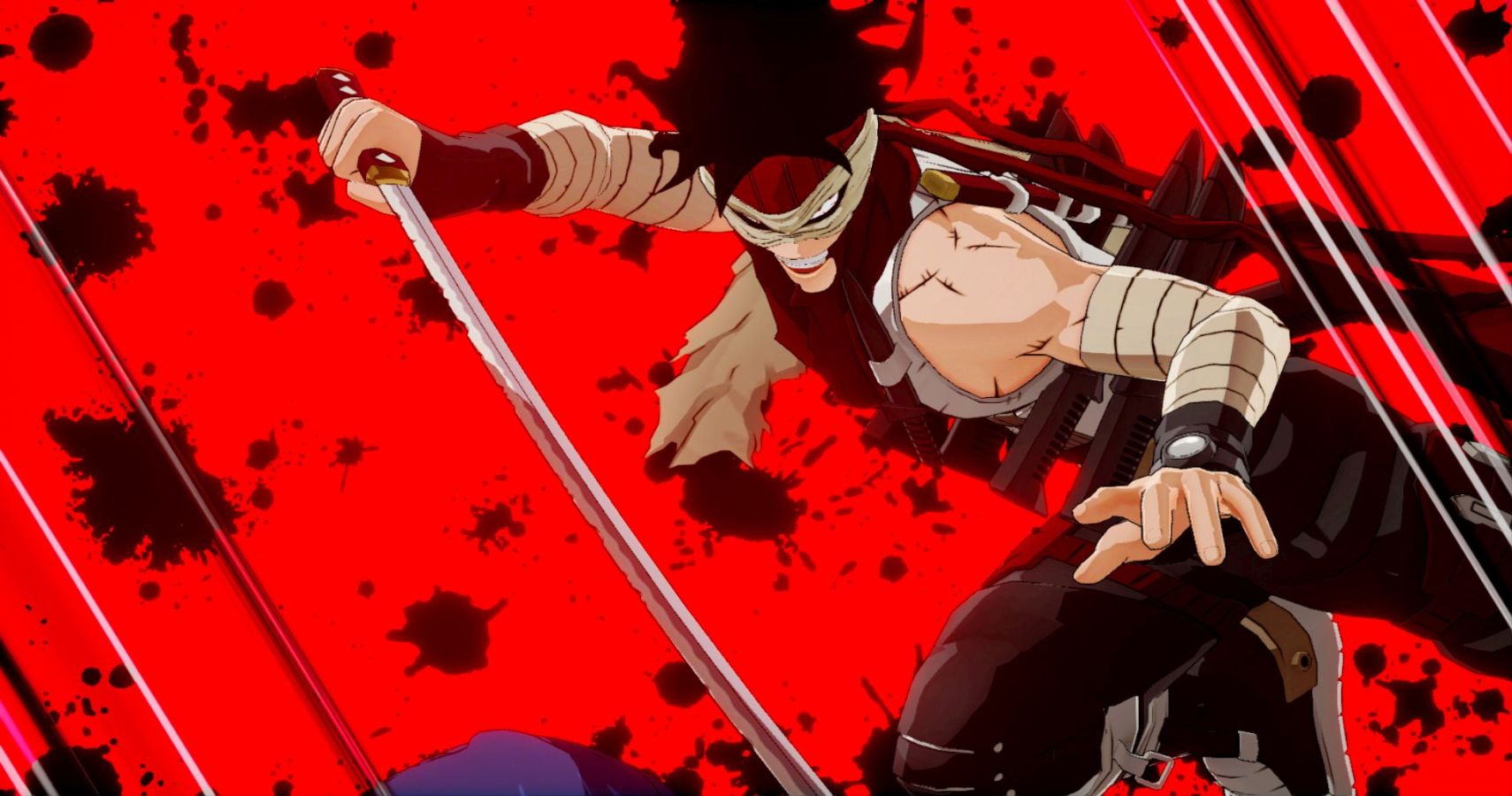This week marks the return of My Hero Academia, arguably the most popular shonen anime of the past decade. Fans have embraced it like few series before, celebrating the children growing up in a world of heroes. My Hero Academia lends itself to spinoffs and expansions due to its open-ended nature. The limits are indeed endless, with Class 1-A just being one class in Japan following the cultural upheaval that led to heroes becoming a mainstay of society.
But before the story of Midoriya, there was Kouichi Haimawari, an unlicensed hero using his Quirk for the betterment of mankind. While fans might be familiar with only the anime, devotees of the manga are well-versed in the multiple spinoffs that broadens the world of My Hero Academia. That leads us to the point of this article: My Hero Academia: Vigilantes needs an adaptation.
What is My Hero Academia: Vigilantes?
This 2018 prequel focuses on Kouichi Haimawari, an 18-year-old who wants to be a hero, but because he believes his Quirk isn't good enough, he resigns himself to an ordinary life. However, after a chance encounter with Knuckle Buster, an illegal, unlicensed hero, Haimawari decides to become a vigilante, and perform good deeds without a license, which goes against the system designed to help regulate heroes.
The series takes place a few years before the main series, and features several familiar characters, including Aizawa, All Might and one Chizome Akaguro, an edgy vigilante who slays serial killers and monsters (in the main series he's better known as the Hero Killer Stain).
The core trio is Hainawari, Knuckle Buster, and Kazuho Haneyama, a pop star-inspired vigilante with the Leap Quirk. The story is written and illustrated by Hideyuki Furuhashi, supervised by My Hero Academia creator Kohei Horikoshi.
Why is This Manga Important?
On one hand, the world of My Hero Academia is divided into good and bad, heroes and villains. While this works for the core series, what My Hero Academia: Vigilantes does so well is that it allows the setting to expand beyond that. The core characters aren't villains, but they sure aren't heroes, either. It explores the moral gray area: Do you need to be a licensed hero in order to do good? While Midoriya and Class 1-A are working through the system, that same system has failed other characters, in one way or another.
Furthermore, it offers another perspective on characters we know from the main series. Most notably, Aizawa, who is given a lot to do here as the hero who tries to bring in the Vigilantes, and Stain, who starts as an idealistic if edgy vigilante executing evil only to become the very monster he sought to destroy. We hear Stain in the main series talk about his distrust and hatred for mainstream heroes, but this series shows maybe he wasn't as far gone as we thought. Maybe he was onto something.
My Hero Academia is, after all, a story told through the eyes of a child who grew up idolizing All Might and the very idea of heroes. The main character is, in many ways, what Deku might've been if he never met his idol, if that spark for good continued despite never having a Quirk good enough to enter U.A. Academy. It shows that there is no one way to follow your dreams. Yes, going to school can help you along your way, but you can take another path to your goal. While you might not have every opportunity that your peers do, you can still make a difference.
This plays into the core of what makes My Hero Academia the series that it is.
So How Can This Be Made?
My Hero Academia follows a set release date of various seasons, released periodically. In years prior, anime would be released on a consistent level, in particular popular ones. Bleach and Naruto released anime episodes on a consistent basis without seasonal breaks. The reason modern anime follows the seasonal schedule rather than releasing animation straight through the year is because the adaptation would often catch up to the source material. Without fresh content to draw from, they'd resort to creating unpopular filler arcs.
But My Hero Academia has one advantage over those other series: My Hero Academia: Vigilantes is being produced alongside My Hero Academia. There is already untapped content.
There are great periods of time between each season, suggesting that a spinoff could fill the void left by hiatuses. If My Hero Academia's studio, Bones, put aside another team to work on the spin-off series, an adaptation of Vigilantes could in theory be released between the fourth and theoretical fifth seasons of My Hero Academia.
However, this isn't the only option. My Hero Academia: Vigilantes could be adapted into a series of animated movies. My Hero Academia: Two Heroes proved incredibly popular. A potential set of films adapting the Vigilantes story could be released as theatrical events. This might be even more possible, given the recent comments that My Hero Academia: Two Heroes's follow-up, My Hero Academia: Heroes Rising, might be the last movie set with Deku and his friends.
So, rather than attempt to top the prior film, perhaps the way forward is to adapt different aspects of the My Hero Academia world to the big screen, to create a huge event of self-contained films that expand the world. In short, an adaptation of My Hero Academia: Vigilantes.




